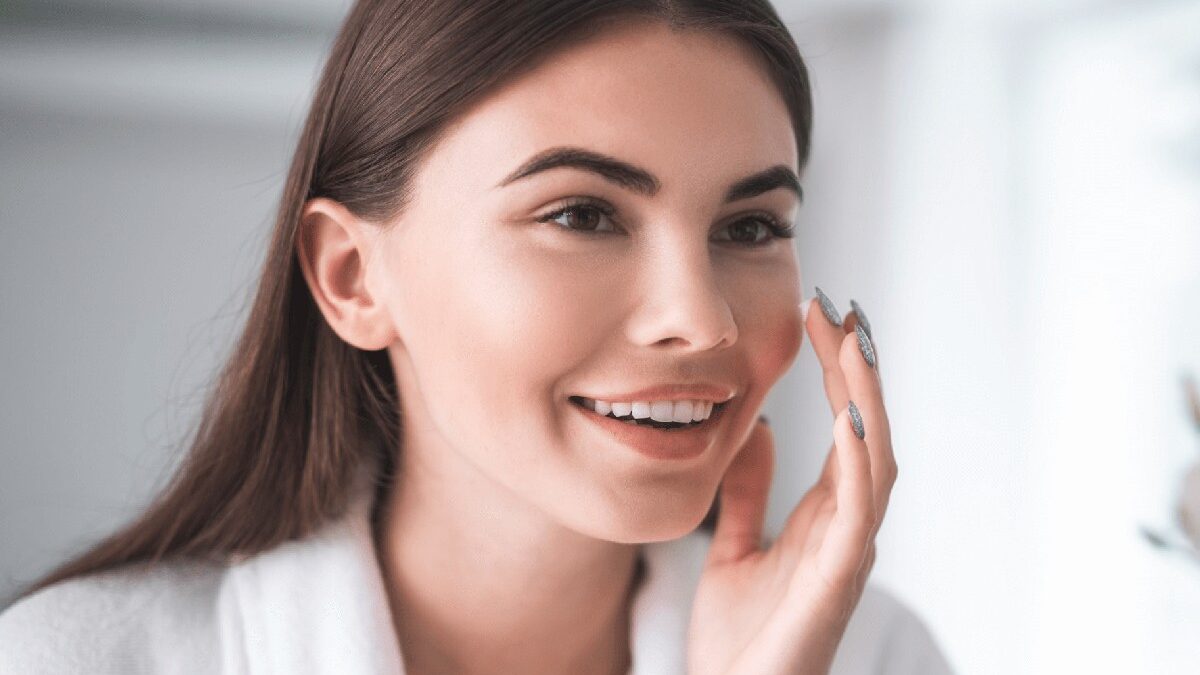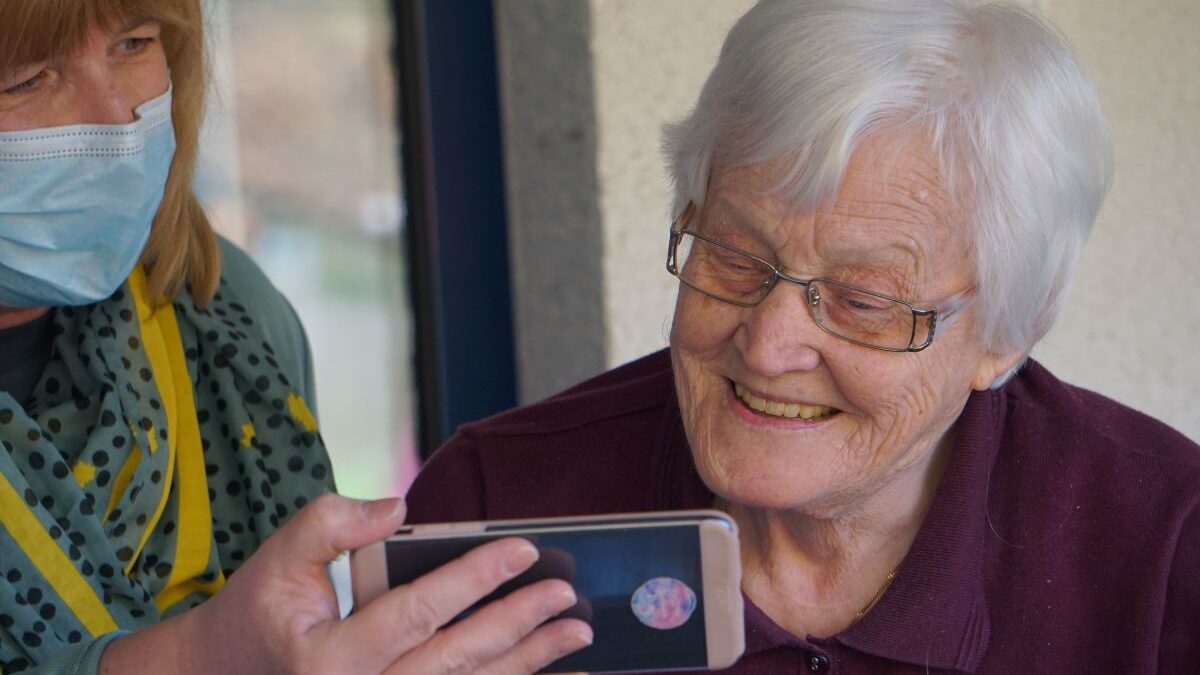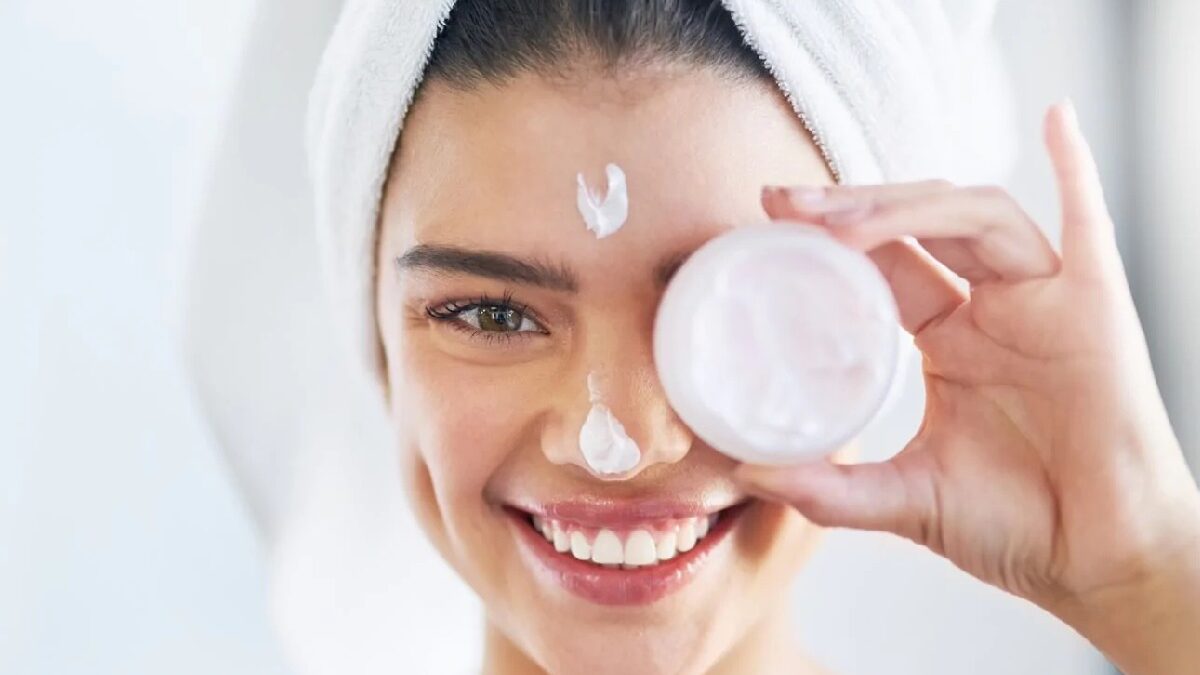
The term “retinol”, which is used in the skin care industry, has been a popular buzzword. It’s often heard in discussions about how to treat dark spots, acne, and fine lines.
Retinol, the wonder ingredient of anti-aging skincare, is a must try. What are the downsides? After your skin gets used to it, the benefits of using it will stop. Increasing the strength of the product is the only solution to achieve the same results over time. This is a serious investment in your skin.
A new chemical, retinol’s gentler sister, has made waves and works in a similar way. Cosmetics companies hailed bakuchiol, a plant extract (pronounced buh-KOOchee-all), as a vegan, natural option. Bakuchiol and Retinol have always been compared because they are both effective.
Could it be as effective and safe as the dermatologist-recommended substances?
Continue reading to find out more about the miracle ingredient of this plant for your skin.
Table of Contents
- What is Bakuchiol exactly?
- Use Bakuchiol according to the directions
- Can Bakuchiol be used every day?
- Comparing Bakuchiol and Retinol
- Is Bakuchiol An All-Natural Replacement For Retinol?
- Is it available to everyone?
- What Can Retinol Do for You?
- What makes Bakuchiol so beneficial for skin care?
- The Key Takeaways
What is Bakuchiol exactly?
Bakuchiol is a vegan ingredient found in the leaves and seeds of Psoralea corylifolia. It is a natural skin lightener that has a noticeable calming affect. Bakuchiol is increasingly being used in anti-aging products because it can soften wrinkles and signs of aging. Recent studies show that Bakuchiol is beneficial for all skin types. This compound has its origins in Chinese Medicine.
Use Bakuchiol according to the directions
After washing your neck and face:
- Use a skin-care product that contains bakuchiol.
- Apply your serum bakuchiol before applying your moisturizer. It will absorb faster.
- After applying Bakuchiol, use a broad-spectrum sunblock with a minimum of 30 SPF.
Can Bakuchiol be used every day?
Bakuchiol is safe to take every day if there are no adverse effects on the skin. If you experience burning, irritation, or dryness, reduce the frequency with which you apply bakuchiol. Bakuchiol is most commonly found in serums, face peels, and lotions. You can decide what suits you the best. Serums, for example, are thinner and are best applied before moisturizers. Creams are thicker, and are used at the end of your skincare routine.
Comparing Bakuchiol and Retinol
Which is better in the skincare industry: Retinol or Bakuchiol? The majority of anti-aging products include retinoids. These can be purchased with a prescription from a doctor and are effective in reducing wrinkles and fines lines. Bakuchiol is a retinoid compound that can be purchased without a prescription. However, it’s less effective.
Topically applied retinoids stimulate the skin’s natural renewal process, which can make it appear younger and more radiant. This can cause undesirable effects such as heat, peeling and redness.
Bakuchiol, unlike retinoids does not seem to have any side effects. Recent research suggests that Bakuchiol is less likely than older formulations to cause irritation or other harmful effects such as redness and flaking.
Bakuchiol is a good option if you suffer from acne, hyperpigmentation or sensitive skin. It helps to renew collagen, improves skin tone and texture, and can help with acne.
Is Bakuchiol An All-Natural Replacement For Retinol?
Bakuchiol is often used instead of retinol by people who believe it to be more natural. Bakuchiol has been linked to retinol because it is similar, but not identical in its mechanisms. You can use a product containing both Bakuchiol and retinol, as they are able to reduce the appearance of wrinkles and fine lines. Bakuchiol can help increase skin tolerance to retinol.
Is it available to everyone?
Bakuchiol works on all skin types. Even the most sensitive. It’s important to test a new product 24 hours in advance, even though the ingredient is mild and natural.
It’s good for all skin types but those with oily skin or older skin see the biggest improvement. Bakuchiol is a great treatment for oily or acne-prone skin because it boosts cellular turnover and reduces the accumulation of dead cells and bacteria in our pores.
It is particularly beneficial to mature skin because it stimulates collagen synthesis. It reduces the appearance of wrinkles, fine lines and pigmentation.
What Can Retinol Do for You?
Each retinol has its own unique benefits. While tretinoin, tazarotene and retinol require a prescription from a physician, retinol can be purchased without one. The retinoid has many advantages.
- Increases cell proliferation in the skin
- Exfoliating dead skin cells smoothes your skin
- Increases collagen production
- You will stay hydrated better.
- Helps with hyperpigmentation and sun damage
- Acne outbreaks can be controlled by controlling the recurrence.
What makes Bakuchiol so beneficial for skin care?
The result is a brighter complexion. This can be achieved by increasing cell turnover, improving texture, reducing fine wrinkles and removing hyperpigmentation. Skin firmness and elasticity can increase. Bakuchiol has a few benefits beyond retinoids.
- This fruit is rich in antioxidants.
- Its anti-inflammatory properties may help acne and other skin problems. This property may also reduce the likelihood of adverse side effects.
- Retinoids react with UV light and should only be used at night.
- Most vegans. It is possible that some retinoids are derived from animals.
- In order to make your skin look fuller and firmer, you should stimulate collagen production.
The Key Takeaways
Bakuchiol can be a great alternative for those who have a negative reaction to retinol. Bakuchiol does not have the same potency of prescription products.
Bakuchiol is a great option for vegans or those who are sensitive to retinoid-containing products.
If you have thicker skin, you can still mix products as long they are compatible. Once your skin is adjusted, you can add retinol. Bakuchiol is a complementary substance that can be used in conjunction with retinol.
There’s not much difference between ingredients, because they are all similar. The word “similar” is often used by experts to describe the relationship. The right product can make it unnecessary to choose between the two.














